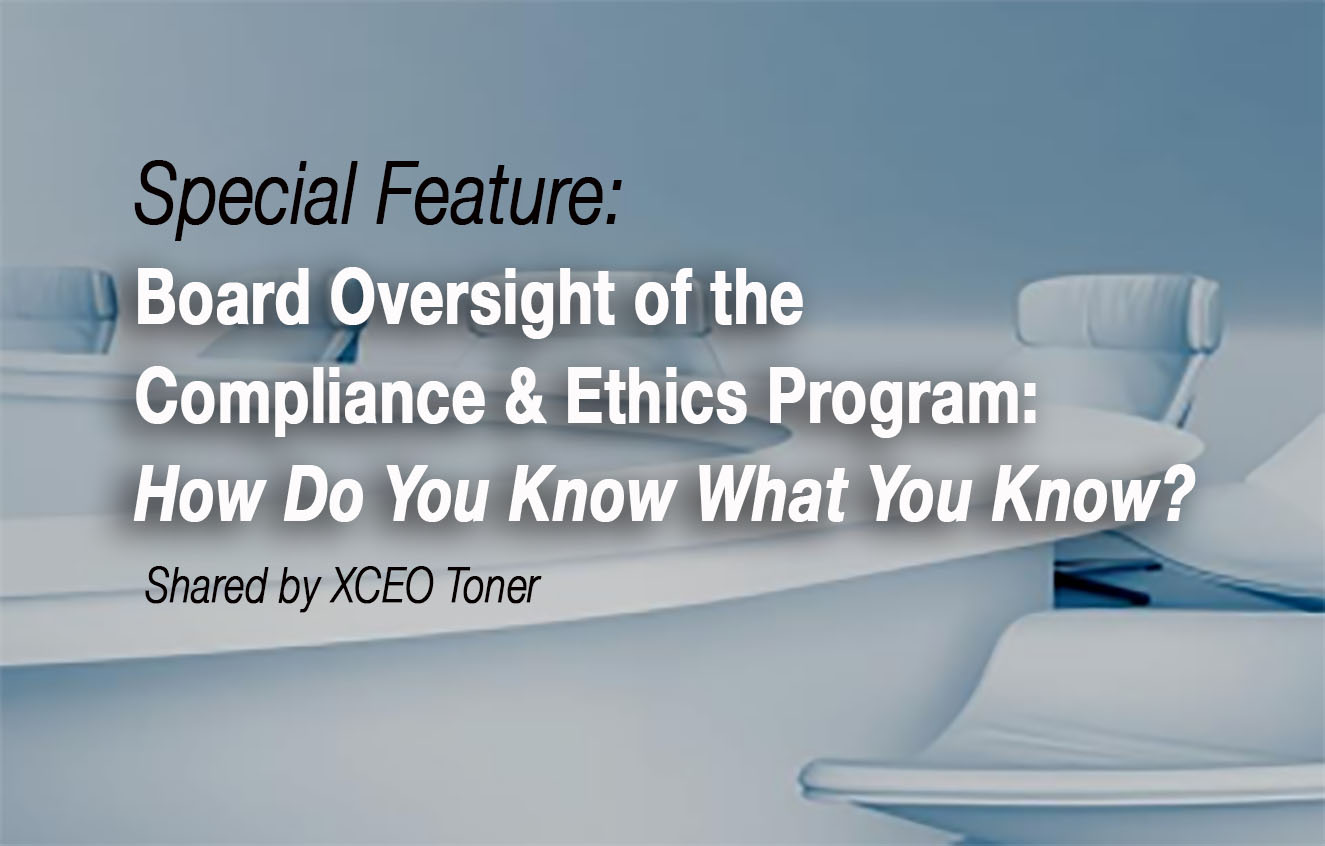Despite the seeming lack of honor and accountability that we see in our culture today, I still choose to believe that most people that I encounter have good character and will operate ethically. Would you agree?
Interestingly though, when I was a volunteer for three years in a prison ministry at Maxwell Air Force Base, I observed that almost all of the inmates believed that they had good character. They typically explained that they were victims who had been framed by business competitors, political opponents or some malpractice in the justice system.
My Prison Experience
More than 40 years ago, I had my own prison experience as a POW in Vietnam. As a young fighter pilot who was shot down over enemy territory, I spent the next five and half years learning the true meaning of character, honor and its guardian companion, accountability.
In that crucible of mental and physical torture, we couldn’t merely assume our good character. It was put to the test daily as we went face-to-face with an enemy determined to coerce us to turn against our commitments and teammates and join their anti-war efforts. Our honor was on the line. We were offered two options—the hard way of resistance or collaboration for a more normal life. It was in those moments that I saw that good intentions about character are necessary, but not sufficient. Character alone is like a one-legged stool—not very reliable. The other two legs are Courage and Commitment. Let’s examine these three legs that I call the core of accountability.
Character
Character sounds good, but have you ever clarified what that means? In the POW camps, we had a Military Code of Conduct to govern our conduct. It was simple and very effective. Following that same model, my team and I came up with the Honor Code—seven behaviors that cover our definition of good character. They’re very practical and appear deceptively easy.
- Tell the truth.
- Treat others with respect.
- Keep your word/commitments.
- Be ethical.
- Act responsibly and be accountable.
- Be courageous.
- Live your values.
Now if you’re honest with yourself, you’ll admit that these are not easy. None of us is capable of living up to them all the time. This quote by Alexander Solzhenitsyn can help us stay humble and real about our character:
“Gradually it was disclosed to me that the line separating good and evil passes not between states, nor between classes nor between political parties, but right through every human heart, through all human hearts.”
Most of our character violations come through pride, greed and anger—lurking underneath those emotions you will usually find doubts and fears.
Courage
The way we overcome those doubts and fears is by clarifying what is at stake, what is honorable, and then courageously choosing to move forward to do the right thing. And when we see that we’re drifting off course, we courageously correct back.
Whether you’re facing a tough decision or after you have made a mistake, take the courage challenge: lean into the pain of your doubts and fears to do know what you know is right, even when it doesn’t feel natural or safe.
Commitment
We have to recognize that battling for our honor means fighting against part of our human nature as described above by Solzhenitsyn. That’s why we have to constantly refocus on our true north. As a Christian, that means I’m committed to living in a way that honors God. I can only do that when I trust Him for the outcome.
Even when suffering in the POW camps, with no control and no way of escape, I knew my real security and salvation rested in the arms of the Almighty. Our faith can give us the resilience and commitment to stay true to our character and our deepest calling—to reveal and represent our Lord on this earth. And remember, his open arms of mercy are always there, calling us to repent quickly and turn back to His way.
Taking a Stand
Our culture is struggling with honor and desperately needs courageous accountability. It requires honorable leadership—leaders who go first, setting the example. No one can do that perfectly. We (and especially the younger generations) are looking for authentic leaders who will take a stand for honor and then live in vulnerability—admitting when they fall short and then correcting back quickly to the right path. This way of life and leadership is only possible when you have a strong core.
What about you? Are you guarding your character with an honor code? Are you willing to take the courage challenge to overcome your doubts and fears? Are you really committed to battle every day to grow in character and righteousness? I believe that you can do it, and you won’t have to do it alone.



 Lee Ellis is president of Leadership Freedom® LLC, a leadership and team development consulting and coaching company. Lee consults with Fortune 500 senior executives in the areas of hiring, team-building, human performance and succession planning. His media appearances include interviews on CNN, CBS This Morning, C-SPAN, ABC World News and Fox News Channel. A retired Air Force Colonel, his upcoming September 2016 book is entitled Engage with Honor: Building a Culture of Courageous Accountability. Learn more at
Lee Ellis is president of Leadership Freedom® LLC, a leadership and team development consulting and coaching company. Lee consults with Fortune 500 senior executives in the areas of hiring, team-building, human performance and succession planning. His media appearances include interviews on CNN, CBS This Morning, C-SPAN, ABC World News and Fox News Channel. A retired Air Force Colonel, his upcoming September 2016 book is entitled Engage with Honor: Building a Culture of Courageous Accountability. Learn more at 








